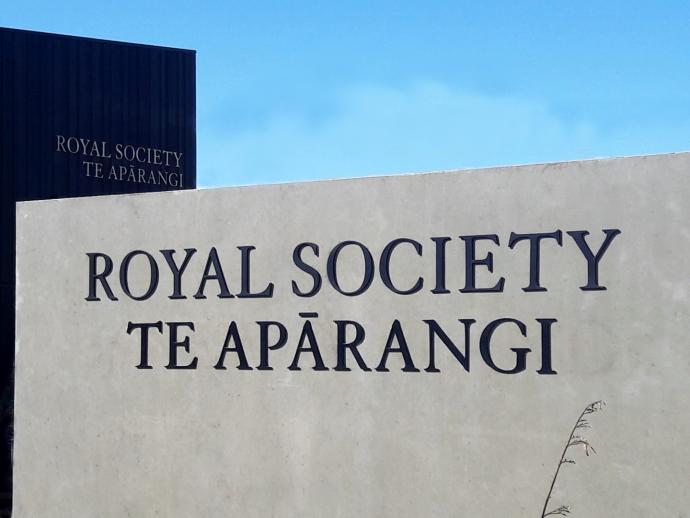Chief Executive Update

Chief Executive Andrew Cleland announces an important update on the new Code of Professional Standards and Ethics, and reflects on recent visits to Academies and Agencies in the UK, Ireland and Canada.
One of the Society’s strategies is to regularly engage with like organisations in other jurisdictions, both to learn from what they are doing or see as emerging issues, but also to test out our own thoughts and plans against their experiences. President Wendy Larner and I recently undertook visits to the UK, Ireland and Canada in this vein, following earlier visits to academies in Australia. Members can read of our learnings in a brief summary report.
One of the things we enquired about was how others have sought to engage the full range of disciplines, varying types of employment contexts for researchers and scholars, and generally, how to be inclusive when considering excellence. We found that the proposed change in our governance structure that we had previously circulated to members appears sound and so the Council intends to proceed to revise the Rules to apply from 1 January 2019. The new Rules will be uploaded onto the website just before Christmas. The first visible impact will be in the call for nominations for Council membership in March 2019.
After two rounds of consultation, our new Code of Professional Standards and Ethics was passed by the Council, to apply from 1 January 2019. The main difference from versions on which consultation occurred is a re-package to a shorter code which comprises the previously proposed general standards (with minor changes to these), and a re-categorisation of the previous specific standards into an interpretation document. In effect, the interpretation clearly set out a way to comply with the general standards, but does not preclude the possibility of adherence by other approaches. I encourage all members to become aware of these new documents, as you are bound to them. For the vast majority of what members do day to day in their research and scholarly activities, there is little difference but there are some new provisions, e.g. for those interacting with affected and participating communities, and for managing data sets. You can get a good sense of the new Code in the overview document.
Andrew Cleland - Chief Executive Royal Society Te Apārangi
Royal Society Te Apārangi: 10 December
